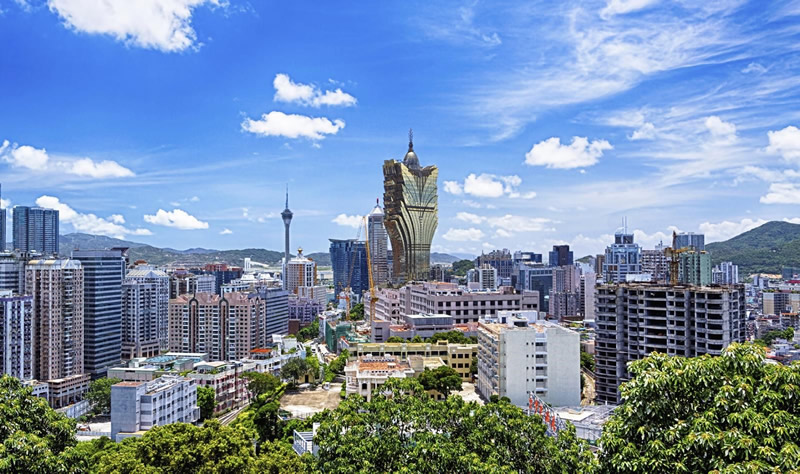Prospective future gaming destinations, including Japan and Taiwan, must plan how to incorporate their integrated resorts into a holistic tourism plan rather than view them solely as an income source, according to the University of Macau’s Professor Glenn McCartney.
In an analysis published in UNLV Gaming Research and Review Journal, McCartney discusses the importance of accurately balancing the potential revenue casinos can bring in with the social and tourism impacts they can reasonably be expected to have.
“Significant revenues are generated from Asia’s casinos, serving as an important catalyst to destination tourism development,” he said. “The challenge is for authorities not to become complacent and comfortable with these positive economic outcomes, but ensure that with this, greater diversity in the economy can prevail.”
Alternatively, “The politics on the use if casinos as part of tourism development are highlighted with the ongoing discussions on possible casino introduction in Japan and Taiwan. Much deliberation in these countries focuses on patronage issues, and less about whether casinos can be a catalyst to tourism development.”
In particular, McCartney points to Macau as an example of the dangers of not planning ahead by utilizing a reasoned and balanced view.
“As an attraction built to entice overseas visitation, the casino resort’s integration into the tourism system can position the Asian destination to better leverage tourism benefits,” he said. “Macau, as a case study, now grapples with an economy now reliant on casino success and a need to diversify into other tourism sectors.
“The casino industry’s integration at an earlier stage of tourism planning will help ensure that rather than narrowly focusing on gaining from gaming taxes and fees, a diversified tourism industry can occur.”
Professor McCartney’s full analysis is available here.







